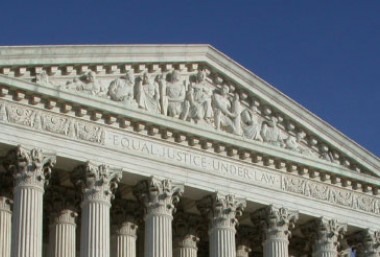A recent post-verdict ruling of DDR Holdings, LLC v. Hotels.com shows that Bilski is still setting the precedent for computer-related inventions.
We recently reported the findings of CLS Bank International v. Alice Corporation Pty Ltd (read this article here). It was hoped that the Court of Appeals would clear up some of the questions around evaluating and applying the abstract ideas exception in the US. The fractured court decision did not provide a useful framework to address these questions. Subsequently, in DDR Holdings, LLC v. Hotels.com, L.P., judge Gilstrap reaffirmed the importance of the Bilski1 decision in evaluating the abstract ideas exception.
The patents concerned relate to a method of "coordinated offsite marketing" of "internet websites". The defendant urged the court to consider the invention as only a business method of making two web pages look alike. While in essence, this is the outcome of the method, the Judge, citing Bilski, emphasised the need to consider the invention as a whole, rather than considering only the new elements and ignoring the presence of the old. In this case, the interaction between the various computer elements is necessary to generate the web pages and integral to the claimed invention. Accordingly, the first prong of the machine-or-transformation2 test is satisfied.
While CLS Bank failed to give a coherent framework for addressing the abstract ideas exception in the US, DDR Holdings did lend suggestion that Bilski is still the popular decision to follow amongst these types of cases. Judge Gilstrap's interpretation of the machine-or-transformation test further suggests that one may want to consider the question of whether the presence of the computer is integral and necessary to performing the claimed process, when evaluating a computer-related invention.
Footnotes
1 An en banc decision of the US Court of Appeals for the Federal Circuit on the patenting of method claims, in particular business methods. The court reiterated the machine-or-transformation test as the applicable test for patent-eligible subject matter.
2 The machine-or-transformation test is a test of patent eligibility under which a claimed process qualifies for patenting if it (1) is implemented with a particular machine, or (2) transforms an article from one thing or state to another. The test was articulated recently in Bilski.




